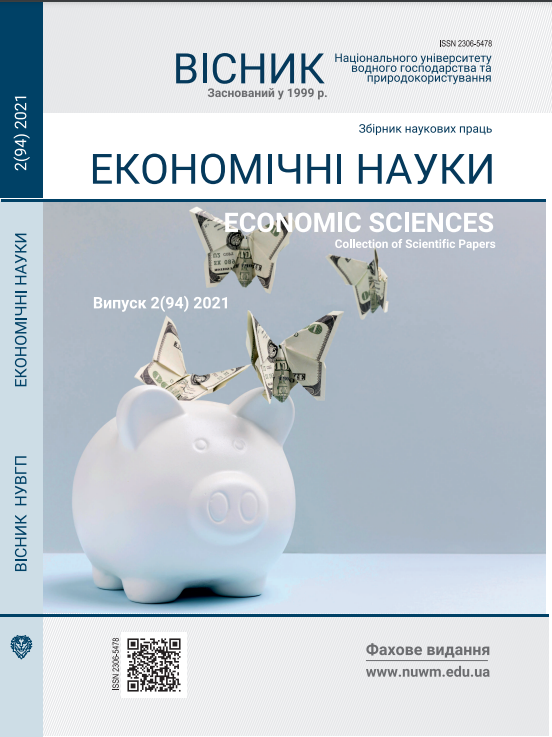THINKING AS THE BASIS OF SELF-MANAGEMENT OF THE MANAGER’S PERSONALITY
DOI:
https://doi.org/10.31713/ve2202112Keywords:
Self-management, self-management policy, manager, thinking, approaches to thinking, critical thinking, creative thinking, asymmetric thinking.Abstract
The article examines the content of the main functions of selfmanagement and their connection with the process of human thinking in order to understand and reflect the world, design activities, predict the consequences of their own actions and predict the future, learning about knowledge and its meaningful transformation, to develop rules, norms, standards of human and society life, self-knowledge and introspection, interpretation, understanding of the products of human activity, analytical and synthetic functions in the process of processing the received information. The content of different approaches to the thinking process in the context of the uniqueness of specific types of management activities at different stages of development of the manager and organization in order to learn, foresee, predict events, master the laws of objective reality and use the results to meet the needs and interests of the entity. The purpose of writing the article is a theoretical study of approaches to thinking, features of creative and critical thinking as a basic component of the process of forming a self-management policy of a modern manager. The results of the study of the content of critical and creative thinking, their functional differences in self-development management, including in the process of forming self-management policy, analysis of the content of its models provide theoretical justification for the use of asymmetric thinking in self-management policy formation. Asymmetric thinking is both a form of critical and creative thinking. The synergy of many dynamic connections in the interaction of the proposed eight vectors of asymmetric thinking: scale, failure management, speed of development, economy, accessibility, algorithms, magnetism, stories create a synergistic effect of self-development of personality and social system.References
Андрущенко В. П., Михальченко М. Л. Сучасна соціальна філософія : курс лекцій. 2-ге вид., виправлене й доповнене. К. : Генеза, 1996. 370 с.
Дубодєлова А. В., Лісовська Л. С., Бандрівський Р. Р. Типологія мислення в управлінській діяльності. Вісник Національного університету «Львівська політехніка». Сер. Проблеми економіки та управління. 2015. № 815. С. 207–214. URL: http://science.lpnu.ua/sites/default/files/journalpaper/2017/jun/2727/visnyk2015-207-214.pdf/ (дата звернення: 30.04.2021).
Халперн Д. Психология критического мышления. СПб. : Питер, 2000. 512 с.
Пометун О. І. Критичне мислення як педагогічне явище. Український педагогічний журнал. 2018. № 2.
Тягло А. В., Воропай Т. С. Критическое мышление: Проблема мирового образования ХХІ века. Харьков : Университет внутренних дел, 1999.
Scriven M., Paul R. W., Defining Critical Thinking. Critical Thinking and Education Reform : at the 8th Annual International Conference on. Summer. 1987.
Нетепчук В. В. Самоменеджмент : навч. посіб. Рівне : НУВГП, 2013. 354 с.
Линдсей Г., Халл К. С., Томпсон Р. Ф. Творческое и критическое мышление. Познавательные психические процессы : хрестоматия / ред. Маклаков А. Г. СПб. : Питер, 2001. 475 с. URL: http://www.psychology-online.net/articles/doc-73.html. (дата звернення: 30.04.2021).
Адріан Сливоцький. Давид перемагає: сила асиметричного мислення. 2020. URL: http://science.lpnu.ua/sites/default/files/journalpaper/2017/jun/2727/visnyk2015-207-214.pdf (дата звернення: 30.04.2021).

